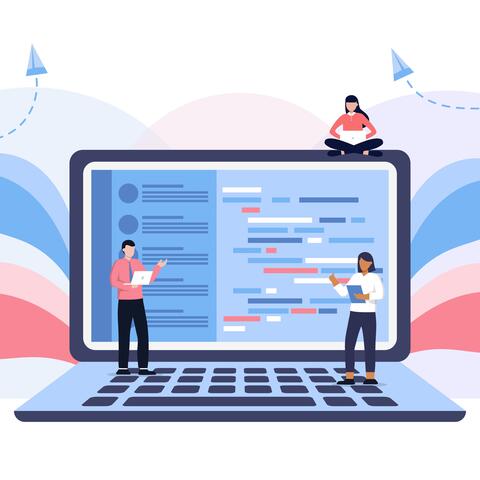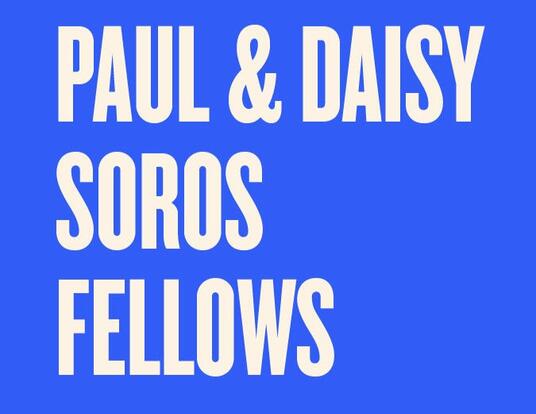Notes from a Writer's Desk: Playing Tetris with Time

Trying to work through my academic goals during lockdown brought to the surface a tension that I had felt, but not really acted upon, in my earlier years as a graduate student: the tension between being productive and giving myself permission to slow down. When caught up in the juggling act of advancing one’s graduate career—teaching, researching, advising, presenting at conferences, serving on committees, and, oh yeah, writing—it is easy to lose track of one’s minutes. It is easier still to let the feeling of those lost minutes manifest in a guilt feedback loop: I should’ve done this already; I’m procrastinating on my chapter; now that I’m busier than I was in the summer, there’s no way I can get this article done. Instead of leisure, the lost time that we’re in search of is productivity time, time during which we wish we had checked off just one more (or many more) boxes on our to-do lists.
I call this privileging of productivity “Playing Tetris with Time,” referring to the famous 1984 video game by Alexey Pajitnov in which shapes composed of four squares drop from the top of the screen and players manipulate them in order to fit them together into a grid. As the game picks up speed, it gets harder and harder to make everything fit together perfectly. Eventually, the mis-stacked pieces climb wildly out of control.
Although it is a spatial game, Tetris is a great metaphor for what it feels like to manage one’s time in the era of hybrid learning. Consisting of blocks of time that we squeeze together, our Google Calendars overfloweth. Sometimes it feels like I no longer check my inbox from the outside, but rather that I am checking the outside world from the vantage of my inbox. Articles from across the internet—which tell us how long it will take to read them and which we consume during breaks—offer ways of being more efficient, whether by triaging tasks, structuring the day better, or even convincing us that there is an optimal amount of daily leisure time. The problem isn’t the advice per se; as a Tetris devotee, I’m all for efficiency best practices. The problem is when this advice becomes a model for how to live one’s life. Banking seconds and minutes like loose change isn’t necessarily going to pay out in later happiness. It can, in fact, distract us from figuring out what really matters to us.
Instead of offering strategies that espouse various methods of efficiency, then, I want to propose some counter-efficiency tips—a few ideas geared toward figuring out what does matter to us and how to keep things in perspective:
- Take your time reading that book. You can probably get what you need from the introduction and/or conclusion. But if you’re really enjoying it, why not just read it?
- Think about what you can realistically do and keep that goal in focus. Ambitious to-do lists can be useful for certain kinds of tasks, but things that require more time and mental energy—such as working on an article or chapter—sometimes just… need some room to breathe. It’s easy to procrastiwork, i.e., to put off one’s priority with smaller, easier tasks. And while it feels good getting those smaller things done, the priority looms ever larger.
- Related: Don’t beat yourself up for not meeting a deadline—but also don’t keep folks hanging if they’re waiting for something from you. Avoid being that academic who promises to send their slide show to the department admin or conference organizer at least 24 hours in advance but inevitably tweaks it until minutes before presentation time. Instead, be communicative: “I am so sorry I don’t have this done on time. I’ll get it to you as soon as I can, and at the latest two hours before the event.” Or better still: “You know what, this presentation is good enough, and I don’t want to stress someone else out by being really late.”
- Also Related: Asking for more time is usually okay. And in fact, I’ve found that asking for more time on something makes me more inclined to do it. I didn’t do the thing, and I feel bad, but I had the courage to reach out to another human being and ask for more time. Let’s keep this train rolling!
- Non-academic hobbies are great. For real though, Tetris is a great game.
These strategies, despite appearances, sometimes make us more efficient in the long run. But that’s not why I offer them. I offer them in the interest of genuinely reimagining what accomplishment means, or should mean, so that we can value the work we do and the time we have for the right reasons. Use them, tweak them, ignore them—but above all, play a little Tetris once in a while.
Banner Courtesy of Shutterstock
Get the Latest Updates
Join Our Newsletter
Subscribe to Colloquy Podcast
Simplecast Stitcher





